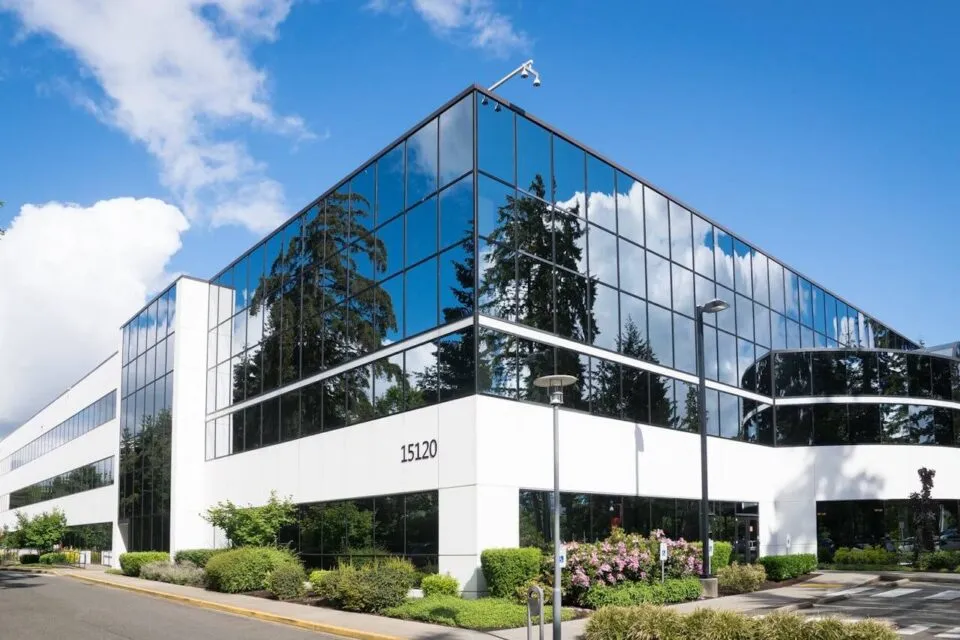Though buying a commercial building can be expensive, it is a worthy investment that can turn into a valuable asset. Besides having a permanent location for your business, purchasing a commercial building also allows you to gain an extra income when you decide to rent to other companies.
Investing in commercial real estate requires a lot of capital and significant research, so not everyone can make such a big step. However, if you are in the right financial position to buy and add it to your real estate portfolio, here are three tips to help you through the process.
Location is important
Location is essential when choosing a commercial building. It is vital to think about that first before you create your budget because selecting a bad location because of its price can cost you more later. If you’re interested in running a retail business, a location that your customers can easily access would be ideal. If your company is service-based or operates remotely, a less obvious facility will do.
Think about the safety of your staff and potential customers by ensuring that the neighborhood your enterprise is moving into is safe and well-guarded. This is important if you close late at night. Also, consider local taxes, which may vary between cities or towns. Ask your real estate agent about them and pay attention to infrastructure and utilities, such as roads, internet access, and electricity.
Assess your finances
As mentioned, buying a commercial property involves a considerable amount of money. Before you proceed, you need to assess your finances and ensure you have a budget that can cover everything. Some commercial buildings are old and in need of maintenance. You will need to hire a professional who will inspect the facility and give you an estimate of your maintenance costs. After, you will need a team of experts who will fix and replace old or broken things.
If the exterior of the building is covered with unsightly drawing, you will need to book a graffiti removal service to take care of the issue. All these are high-priority and miscellaneous expenses you will have to factor into your budget. It would also be helpful to consult an accountant and liaise with lending institutions to determine the most tax-efficient ways to invest in your facility.
Consider the legalities
Make a smart purchase by hiring a lawyer who will carry out legal due diligence before you sign. Ensure other legalities like the tenant schedule, land registry map, and floor plans are updated and accurate. Some commercial buildings have existing tenants during the time of purchase. Check if there is a predecessor in the title who has landlord and tenant renewal rights.
Often, companies acquire a commercial building thinking they can operate their business in it, only to discover that they can’t do so due to land use restrictions and complex zoning. Finally, investigate how the previous owners managed the facility. Ensure there are no unpaid taxes, active security deeds from loans, and bills.
Getting a commercial property can grant you tax advantages and protect you against inflation. With these tips, you can make a great bargain.
